Alumni Testimonials
Our students graduate with the necessary knowledge, training, and experience to jump-start their careers as a neurophysiologist. The increasing number of surgical cases employing Intraoperative Neuromonitoring (IONM) has led to demand for neurodiagnostic professionals. Our program prioritizes giving students the support and mentorship necessary to pass their CNIM certification exams and secure a job post-graduation. A list of current neurodiagnostic positions can be found in the ABRET page.
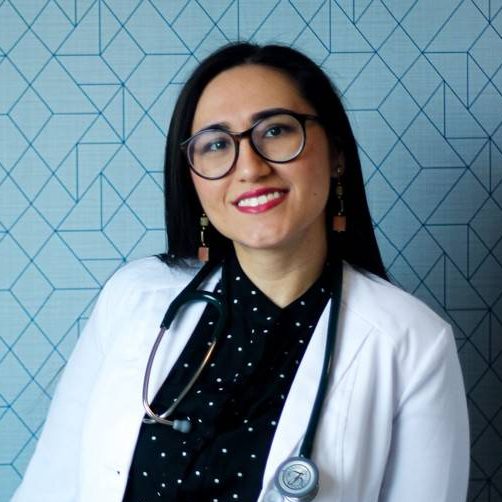
Helen Karimi, MA, MS, CNIM
M.D Candidate, Co-CEO Neuroplex Industries, Inc
2021 MS Graduate
My name is Helen Karimi and I graduated from the master’s program in Surgical Neurophysiology in May of 2021. I had an absolutely transformative experience this year. The best part about this program is that it combines coursework with clinical exposure, which is not something you will find in any one-year graduate program. By the end of your experience, you will be able to think on the spot, respond to the constant changes that occur in the OR, and understand how to provide dignified and compassionate care. It has been an honor to be trusted by surgeons and anesthesiologists to monitor each patient’s nervous system and I believe it was this program that helped make that happen.
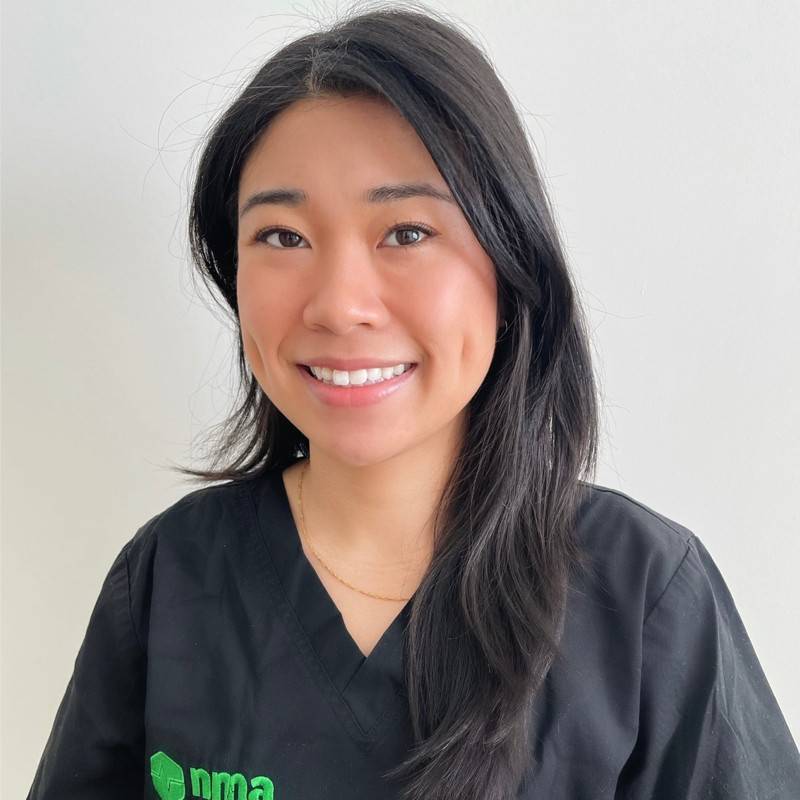
Monique Mai, CNIM
Surgical Neurophysiologist at NMA
Summer 2017 Graduate
My experience during the UConn's six-week IONM Graduate Certificate Program was equally challenging, stimulating and rewarding. Through this program, I have learned how the human body’s nervous system functions in health and disease. The courses provided me with a fundamental understanding of recording signals, main neuromonitoring modalities, and common surgeries employing neuromonitoring techniques. I was trained in intraoperative neuromonitoring recording machines, writing protocols and using simulator programs that represent examples of signal acquisition in a laboratory setting. Through these courses, I know I am equipped with the skills and confidence to excel in such a stimulating and challenging field.
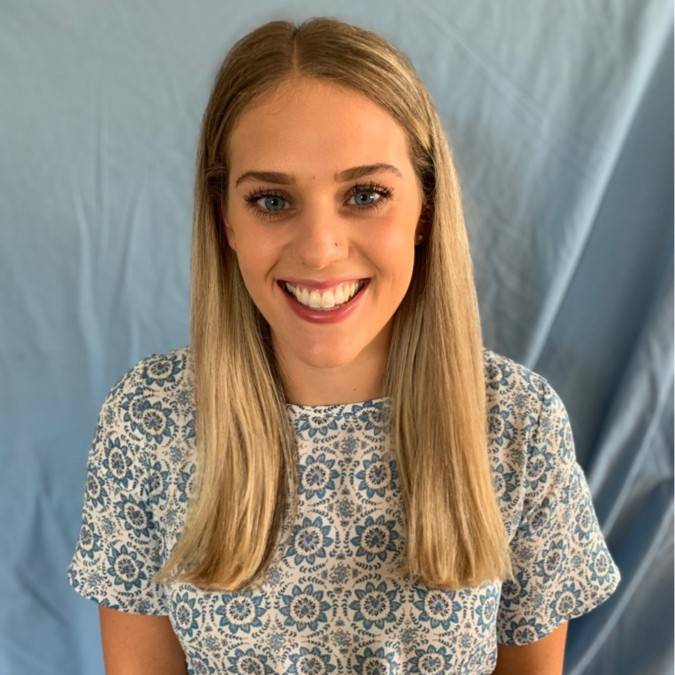
Hannah Perna, MS
Physician Assistant
Summer 2015 Graduate
My experience during the 6-week UConn program in the IONM Graduate Certificate Program was a very positive one. I learned about a whole new field I had previously not even heard of. The courses helped me prepare for my current job in IONM with Safe Passage Neurmonitoring; I learned all the anatomy of the brain, spinal cord, and pathways. In addition I was able to connect this information with intraoperative monitoring and the modalities used in monitoring the patient during surgery. My current position is as a neurophysiologist. Since just starting in IONM this past year, I mostly monitor spine cases. Before each case, I go see the patient in pre-op and explain to them my job of neuromonitoring and learn about the patient’s history and symptoms. From there I go the operating room and set up my machine and needles to prepare for the patient to enter the room. After the patient is sedated under anesthesia I begin to place my subdermal needs, often in the head, upper and lower extremity muscles, and nerves at the ankles and wrists. After all of the needles are placed, I begin my monitoring, which can consist of EMG, SSEP, and MEP, depending on the surgery and surgeons request. I continue monitoring throughout the entire case, communicating with the surgeon about the signals during the whole procedure. I remain in the operating room until the patient wakes up and I check to make sure he/she is moving all extremities. My job is very rewarding and self-satisfying knowing that the patient relies on my monitoring during the surgery to prevent postoperative deficits. My job is based off of trust; trust from the surgeon, the patient, and the patient’s family. I look forward going to the hospital everyday.
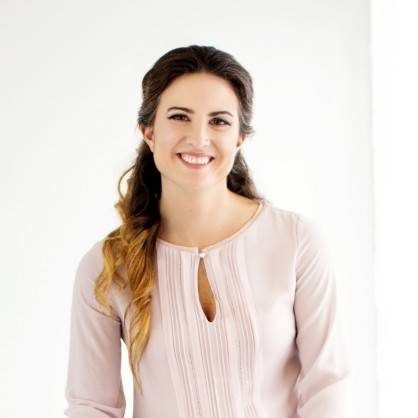
Lindsay Joslyn, R. EEG T, CLTM
Systems Supervisor and Regional Educator, Hartford Healthcare
Summer 2015 Graduate
The 6-week Intraoperative Neuromonitoring Graduate Certificate (IONM) Program at UConn was both challenging and enlightening. It provided an in-depth education and experience in a growing field of medicine. The course was taught by accomplished professors, whose careers have been dedicated to medicine and neuroscience, and who were able to make the concentrated material clear and practicable. The courses provided a solid foundation from which a student could succeed in the fast-paced world of Intraoperative Neuromonitoring.
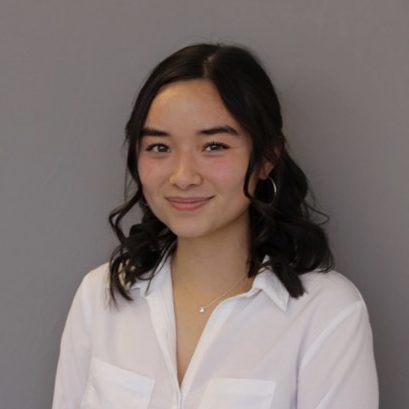
Kylie Byrd, MS IONM
MS IONM 2024 Graduate
My name is Kylie Byrd and I graduated from the MS program in 2024. Just a year before coming to UCONN, I graduated from Macalester College with a degree in Neuroscience. During undergrad, I developed a passion for patient care and was fascinated by the nervous system - so I knew I wanted to work in a healthcare setting where I could apply my learning. The IONM program at UCONN blended my love for neuroscience academia and patient interaction through clinical experience - all while working towards the great mission of preventing neurological deficits! This program gives you a one-of-a-kind experience of working in the Operating Room paired with Neuroanatomy and IONM classes that will give you the educational basis to be successful in this fast-paced environment. Additionally, there are many opportunities throughout the year for networking with different Hospitals and IONM companies that set you up greatly for a career in neurophysiology upon graduation (almost my entire cohort had job offers before our graduation!). Following graduation, I am excited to begin my career as a Neurophysiologist in Boston.
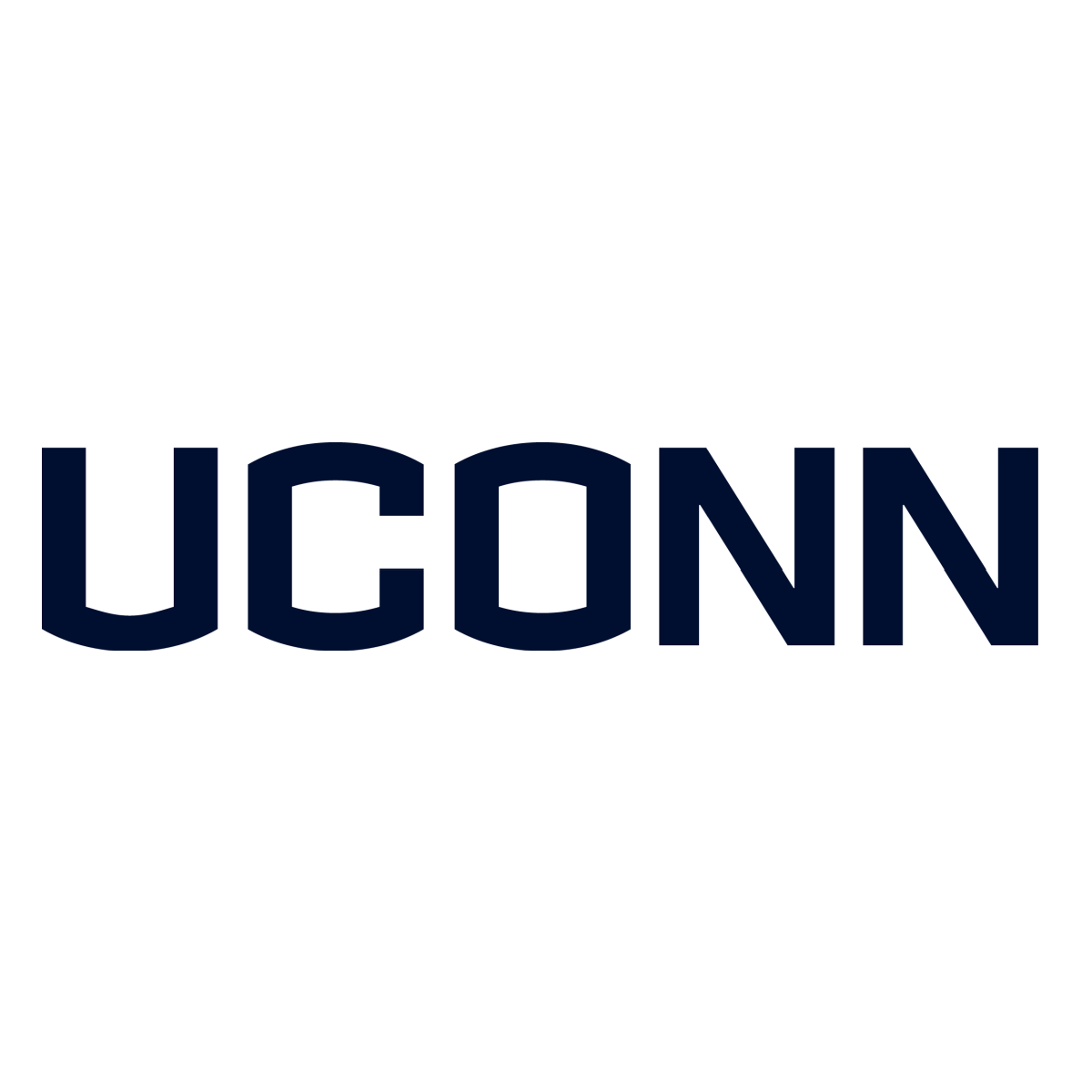
Deven Coons, MS IONM
MS IONM Summer 2017 Graduate
My name is Deven Coons, a former student in the Intraoperative Neuromonitoring program at the University of Connecticut. I just finished the program July 7, 2017 and thoroughly enjoyed it. I am currently in the process of being hired by Safe Passage as a Neurophysiologist. What I will be doing is monitoring the nervous system of patients coming in for spine, vascular, ear nose and throat and cranial surgeries. To explain what we do in simpler terms, if you have ever played the game "Operation", we are the buzzer. My experience in the six week IONM program was intense but rewarding, we learned a lot of neuroanatomy and physiology in a condensed amount of time as well as all the different modalities used in IONM as a clinician. Although it was intense, I enjoyed every day of it because it fascinated me. I consider myself lucky to have had the opportunity to be a part of this program. I think that this program builds a great foundation for a career in IONM.